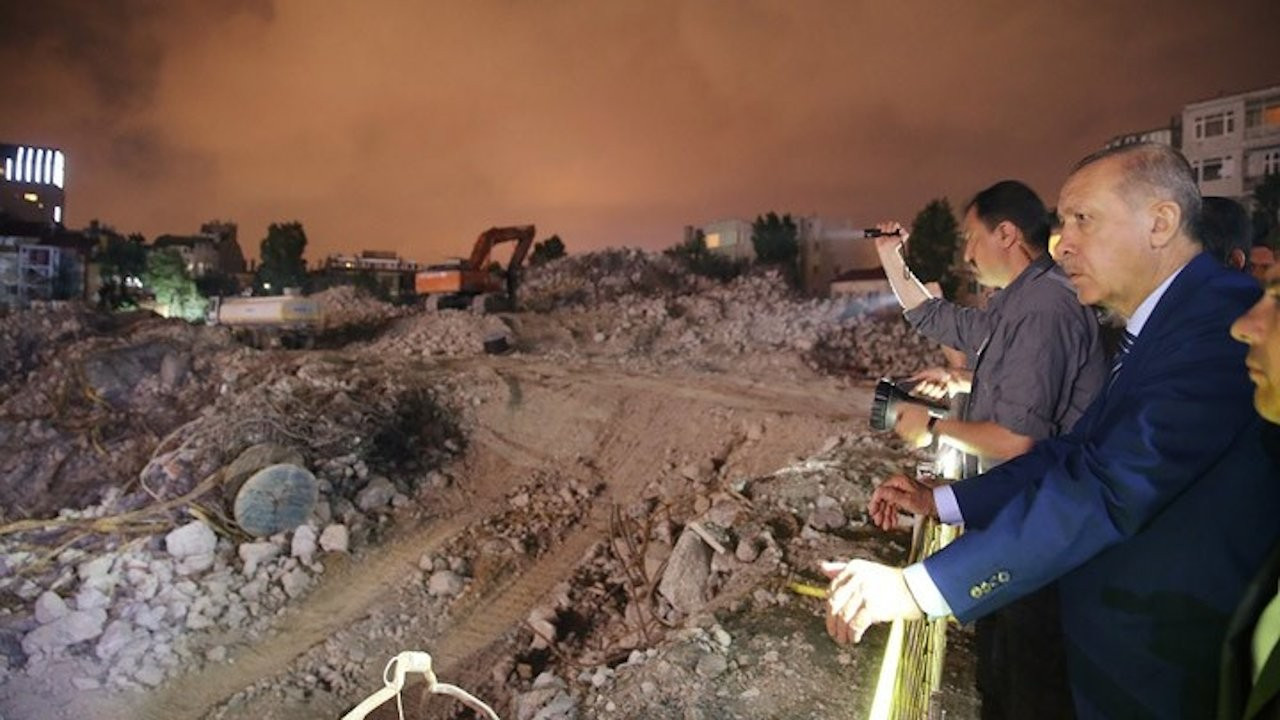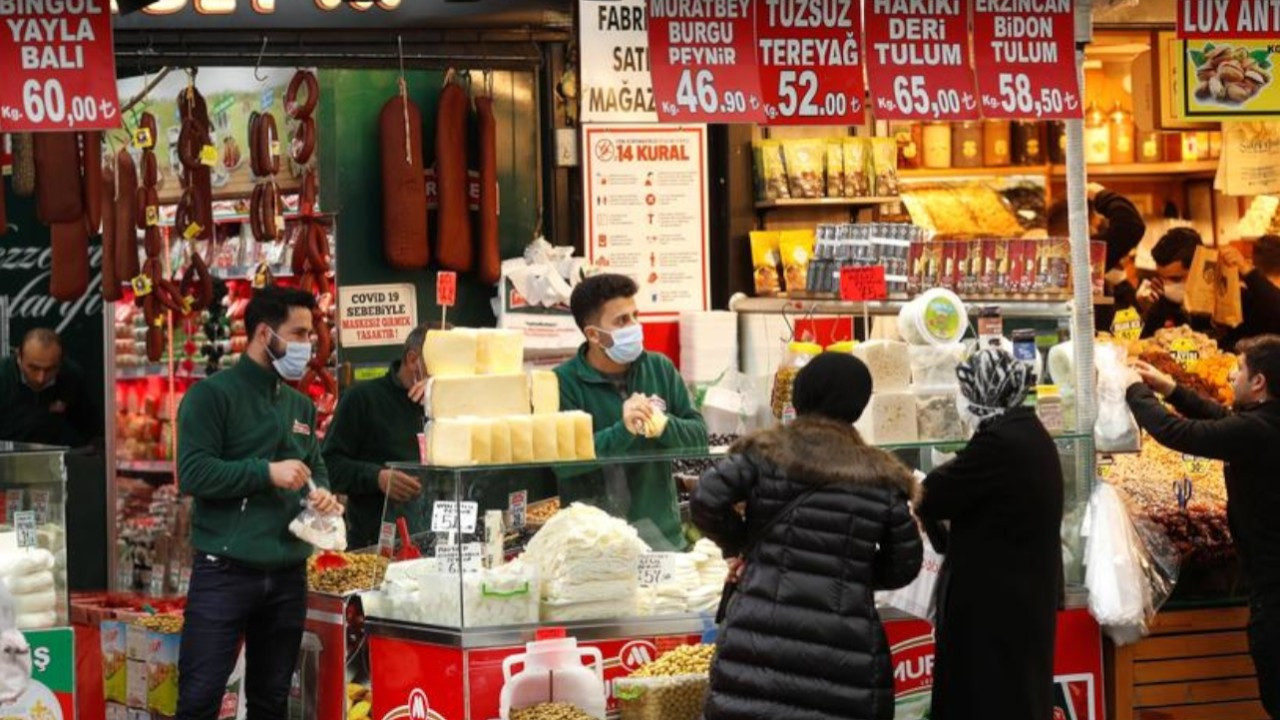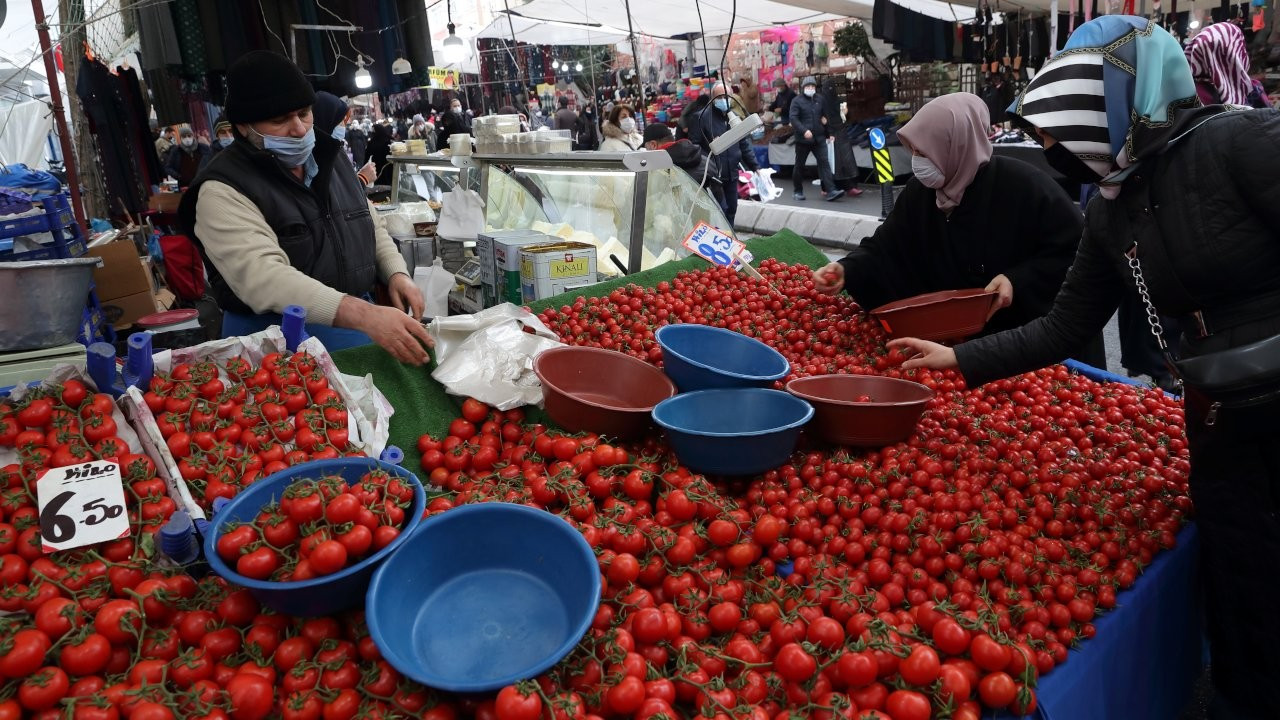Turkey's service industry sees discrimination, bribes, preferential gov’t treatment amidst pandemic
Since the start of the COVID-19 pandemic and the implementation of nationwide curfews and lockdowns, Turkey's service industry has been hit harder than most. However, the impact of the government restrictions, and the restrictions themselves, have not been equal.
K. Murat Yıldız / Duvar English
With how much longer restaurant lockdowns will continue still up in the air, service industry business owners are increasingly anxious and highly critical of the government. In addition to criticism of pandemic regulations, they have also pointed out government preferential treatment, irregularities, bribes, pressures, and inconsistencies.
In order to cope with the negative effects of lockdown restrictions and increase awareness, business owners have started to establish organizations around the country such as the Kabare Platform in Ankara.
'The government is discriminating against us'
“Hotels, shopping malls, and ski resorts are open. The government is discriminating against us. 8 million people work in this industry. Most of them are now unemployed. The government did not give us any protection or aid. So we started our own platform,” Oğul Aşkın, a restaurant owner and the head of the Kabare Platform, told Duvar English.
“We have to pay our rent, gas, electricity, bank credits, etc. The government is avoiding fulfilling its duties. They don't accept the current situation as a force majeure. Changing this is our primary goal.”
Thousands of establishments out of business
“Only in Ankara have so many establishments gone out of business or completely closed their doors. We asked the Ankara Chamber of Commerce for an exact number, but they have not replied to us. But I would say there are around a thousand establishments which have gone bankrupt in Ankara,” he added.
Regarding the specifics in Ankara he said, “Konur Street, in the center of Ankara, there are 72 for rent or for sale signs on the windows of former restaurants, cafes, and pubs. Additionally, in one of the most popular locations in the city, Tunalı Avenue, there are over 50.”
Limited government support
Aşkın is also critical of the limited support such businesses have received from the government.
“The support packages and the one-time aid we received were not sufficient and had inconsistencies; They gave aid only to certain types of businesses. That is discrimination.”
“My establishment is a small one, but despite that, the one-time aid they gave me did not even cover 5 percent of my monthly operating costs,” Aşkın added.
“Establishments which don't do deliveries have been closed for nearly 10 months now. Business owners have tried to compensate their workers’ wages out of pocket, but they can't do it anymore. I know some business owners who do their deliveries themselves because they cannot hire people anymore.”
Illogical practices based on ideology
Aşkın also mentioned the 'illogical practices' coming from the government: "Although the service is the same, there are different types of licenses for different establishments. Between June 1 and Nov. 23 they allowed some of us to open, but they banned establishments with bar licenses, which we call ‘morning establishments’ since they can operate until 5 in the morning.”
Aşkın's criticism is similar to those who say that the government is using the pandemic as a means of imposing its moral ideology.
“You see two establishments side by side. One was operating because it was registered as a restaurant and the other could not because it was registered as a bar.”
According to Aşkın, the impact has gone far beyond financial troubles. “We see reports of suicides of musicians, business owners, and workers in the newspapers every day.
‘The government discriminated against us’
“We lacked solidarity at the beginning. When some establishments were allowed to open in June and others were not; Especially those with a ‘morning license,’” Orcan Yiğit, owner of a popular sports pub in Ankara, told Duvar English.
“The government discriminated against us for ideological reasons and they applied different rules to different licenses. My establishment is more or less the same as my neighbor's; We have a pub license they have a restaurant license. I have 135 dishes on my menu. They were allowed to open and I was not,” he added.
New licenses via bribes
Other pub owners have similar complaints. “Many establishments changed their type of licenses. A few did it legally, but many did it via bribes,” a pub owner told Duvar English under the condition of anonymity.
“When the pandemic is over they will regret it because they will not be able to do their usual business: sell alcohol and remain open until the early hours of the morning. They might bribe the officials again to return to their previous status, but I think it will be difficult,” he added.
He concluded by pointing out some of the loopholes businesses have found to get around the uneven restrictions. “Many nightclubs changed their licenses to tourism licenses and operate freely like they are serving tourists. A lot of hotel restaurants and bars serve local customers as if they are hotel guests. Even though the customer isn't staying at the hotel, they charge the bills to the rooms so there is a legitimate paper trail. Authorities just turn a blind eye because they have either been bribed or the hotel owners are connected to the government.”
700,000 more people will lose their jobs
“There are more than 100,000 businesses in the food and beverage industry in Turkey. On average 20 people work in each establishment and approximately 2 million people are employed in this sector. During the pandemic, profits fell to 45 billion liras. With a loss of 90 billion liras,” according to Turkish Restaurant and Entertainment Association (TURYİD) head Kaya Demirer.
According to their estimations, another 35,000 establishments will go bankrupt and 700,000 people will lose their jobs in the near future. Demirer concluded by calling on the authorities to allow a limited number of customers in every establishment as they have done for shopping malls.

 Erdoğan brags about turning all Turkish cities into construction sitesEconomy
Erdoğan brags about turning all Turkish cities into construction sitesEconomy Turkish Central Bank sends letter of excuse to gov't on inflation rateEconomy
Turkish Central Bank sends letter of excuse to gov't on inflation rateEconomy Erdoğan wages fresh war against supermarkets to fight food inflationEconomy
Erdoğan wages fresh war against supermarkets to fight food inflationEconomy Main opposition CHP calls to dismantle Erdoğan-led Turkey Wealth Fund, dubs it 'parallel treasury'Economy
Main opposition CHP calls to dismantle Erdoğan-led Turkey Wealth Fund, dubs it 'parallel treasury'Economy